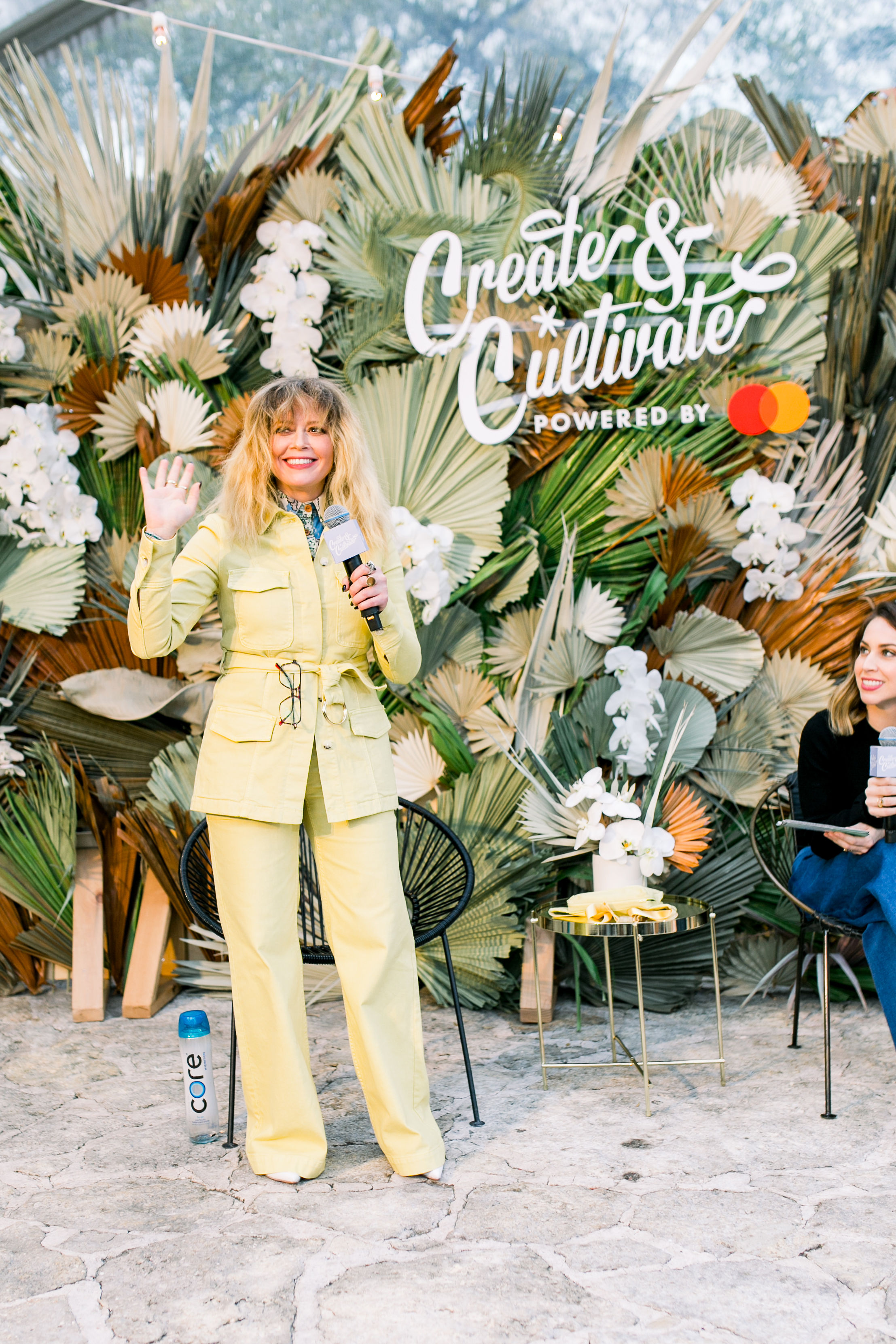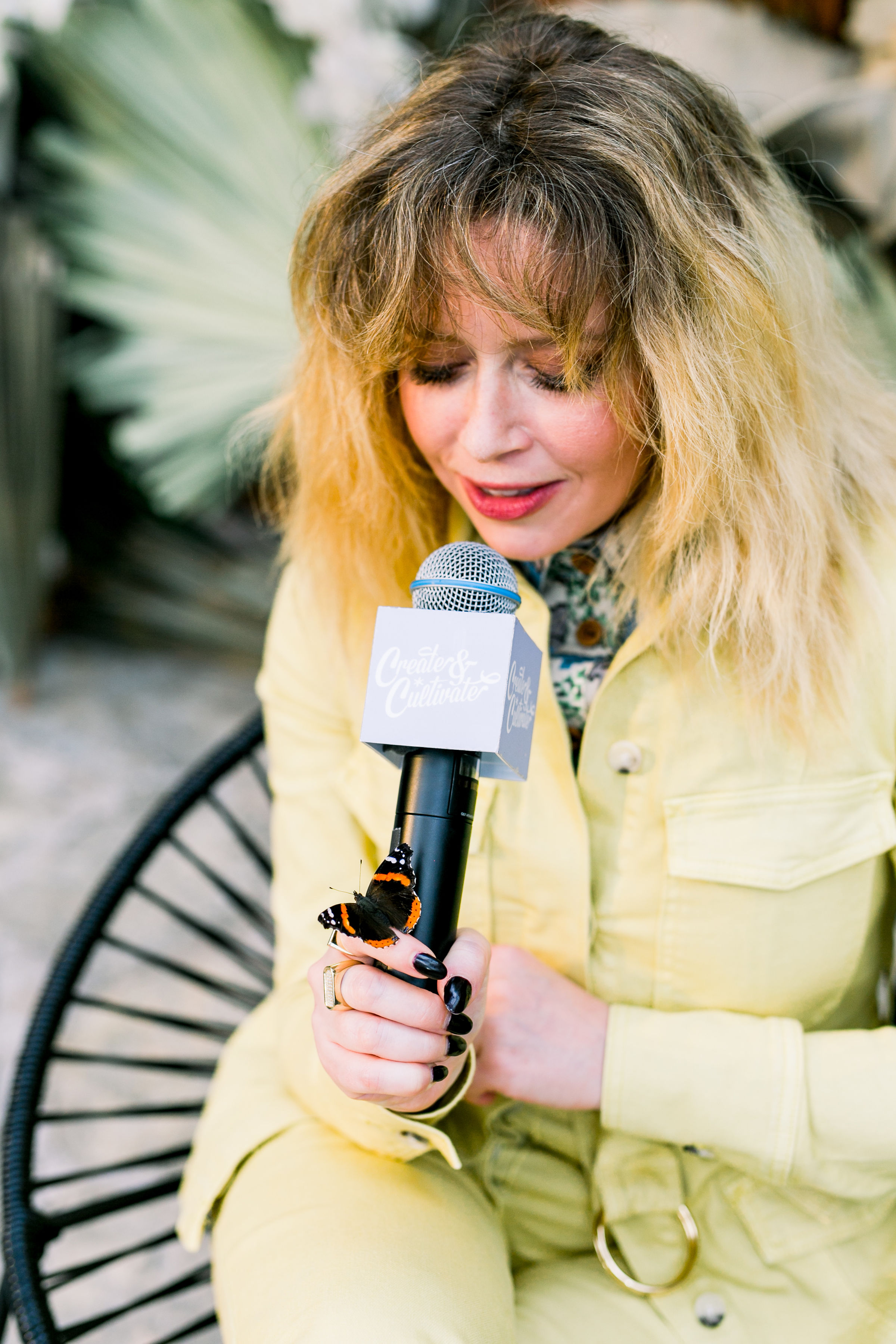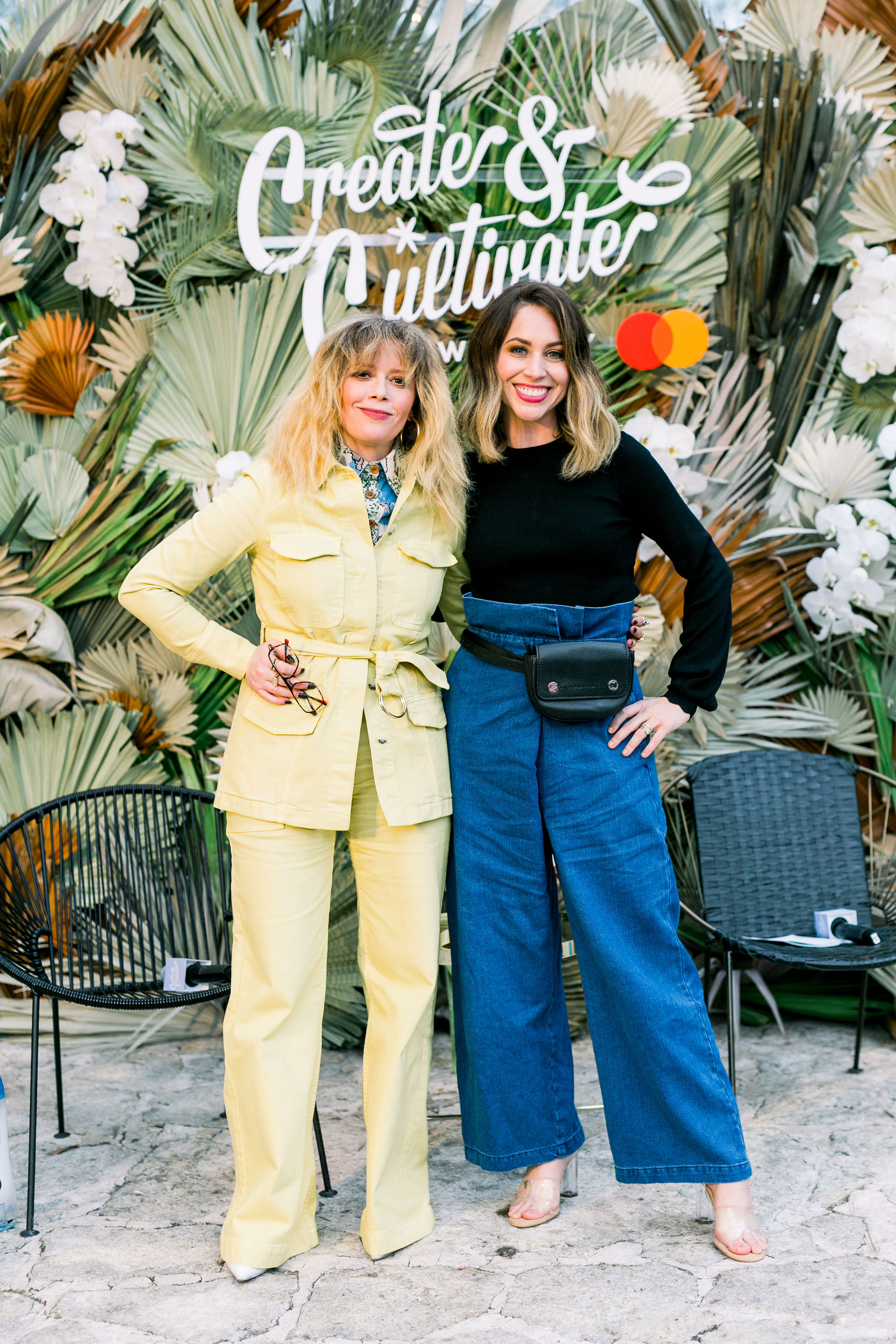We were beyond excited to host Natasha Lyonne as our keynote speaker in Austin this year! As the co-creator, director, executive producer, and star of the Netflix hit series Russian Doll, Natasha knows what it means to hustle. With more than 30 years and 70+ movies under her belt, she’s not just an industry powerhouse, but a role model for any woman who’s chasing her dreams. Below, we’re sharing some of our favorite mic-drop moments from Natasha’s keynote panel.
On hiring an all-female writers’ room for Russian Doll:
“The people that were best for the job happened to be women. It was really about surrounding myself with allies.”
“My hope is that we hit a tipping point where we’re restored to a point where men and women can work together as equals, where we all learn to work together beyond gender.”
“I felt additionally empowered to be the most 360 version of myself when working with a group of women.”
On imposter syndrome:
“An admission of inner brokenness is OK. That’s the stuff that makes us who we are. And Michelle Obama’s recent book helped me recognize that—because I was like, ‘Surely this woman has cracked this.’ But her experience of ‘Am I enough?’ is healing to read.”
“My goal in making a show like Russian Doll would be that it allows me to continue to speak very transparently around my own experience and acceptance. That’s our grit. That’s what makes us who we are.”
“At every level, everyone is constantly experiencing imposter syndrome and asking ‘Am I enough?’ and ‘Am I taking up too much space?’ It’s just necessary to push past it.”
On being your true self:
“I was afraid of not letting it all hang out in all its messiness. I think we embrace it and celebrate it in someone else, but as soon as it’s our own, it’s like a deep shame spiral.”
On finding your tribe:
“Find something safe in this life and let it tether you.”
“Something I love about working with women is that we spend so much time unpacking things like having kids that there’s something very fun about getting to get in the zone and watch them crystallize in this other pocket.”
On social media:
“The one thing I would caution the kids is compare and despair. Don’t buy the lies of social media. Everyone is architecting a make-believe life.”
“Proceed on social media with caution. Spend the time having human interactions. Life experience can’t be beat.”
On shining light on real issues through her work:
“I’m glad to have been a part of OITNB, but I’m happier that there was some attention or awareness brought to the prison industrial complex. The heavier aspect of working on the show for years as as team has been intense, processing what we’re really doing.”
On changes in Hollywood:
“It’s complex to know what’s changing. We’ve had good news in Hollywood, but let’s see how it tracks into the new world.”
“It’s a good time to be a woman in film, but the numbers aren’t there yet. These are early days.”
On work, success, and looking back:
“Directing an episode of Orange is the New Black was very healing around my own self-doubt, worthiness, and steadiness—there was something about the fact that the producers, and Netflix, and the cast were all open and inviting to it. I would be at the monitor just weeping. It was healing for me.”
“We work hard in life. There are no lucky accidents.”
Advice she’d give her teenage self:
“You’re in the war, but the war will be over. I promise. Hang tough, babe.”















Missed out on Gina Bianchini’s incredible session from our Offsite? No worries! We’re sharing her insights on building a thriving community that feels like a real network, not just an audience.